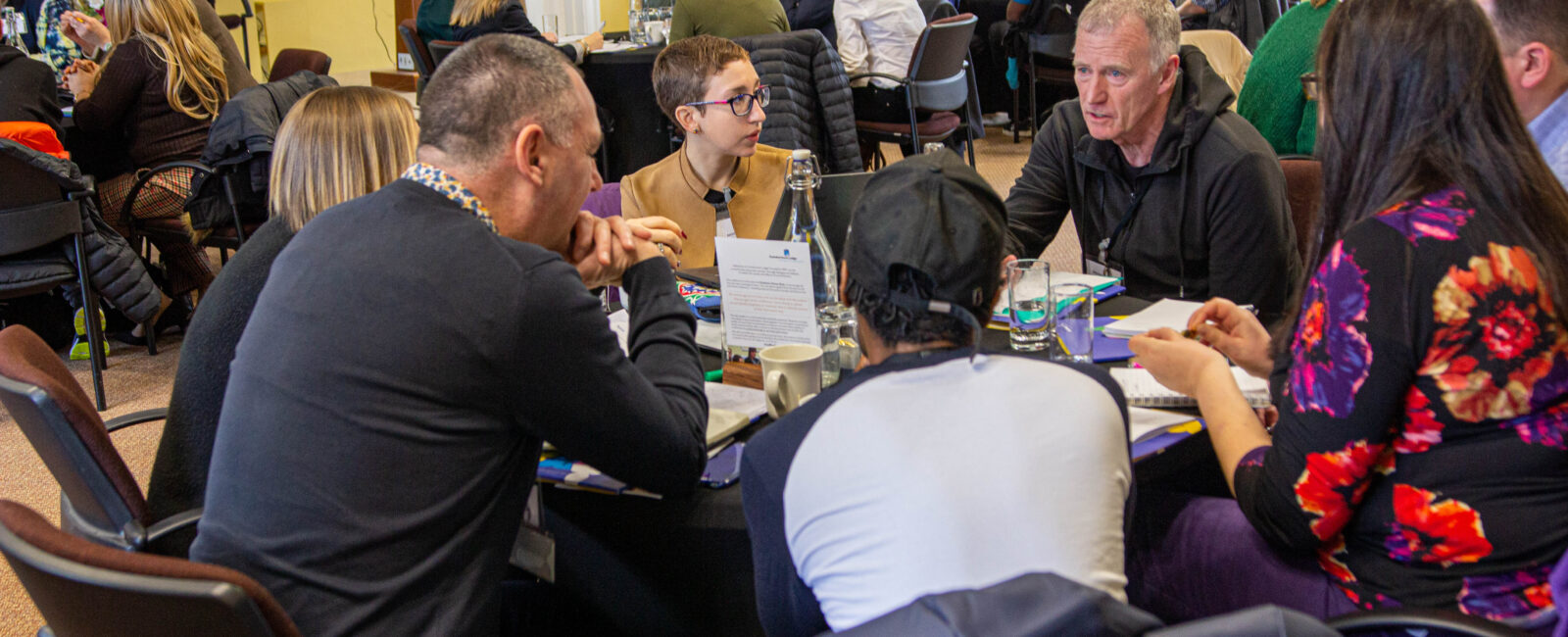How might social cohesion and a shared sense of belonging be nurtured and protected in turbulent times? How can communities in the UK – which are struggling under the burden of a decade of austerity and facing challenges such as ‘Brexit’, the climate crisis and, most recently, the threat of a global pandemic – ensure that they are inclusive and that their members can continue to thrive during periods of change and conflict?
Towards the end of February 2020, Cumberland Lodge and The Young Foundation gathered a diverse delegation of academics, policymakers, private sector representatives, civil servants and community leaders to explore these thorny questions. I was looking forward to participating in this conference as my own research concerns the influence of collective identities in the context of international peace processes in Syria and Yemen.
Understanding how bonds within communities may influence peacemaking efforts is a fundamental part of my work. It was really valuable to be provided with the opportunity to consider how I might be able to apply my findings to the UK context, and to develop my own thinking following the conversations and presentations at the conference.
A varied programme
The two-day programme was wide-ranging; to begin, we heard from a panel of experts in collaborative local citizenship. I was particularly interested in the discussion surrounding the ‘Preston model’. This city’s council, in partnership with a number of other public sector institutions, has implemented an approach to local government which aims to ensure that the benefits of local growth are invested in local areas, are used to support investment in productive economic activities, and that people and their local institutions can work together on an agenda of shared benefit.
The Preston Model seems to be an apt expression of both the interconnectivity between economic structures and community life, and the way in which communities can demand and inspire system change. A number of my fellow delegates voiced a desire to learn more about this model, and to explore the potential for adopting it within other UK regions.


